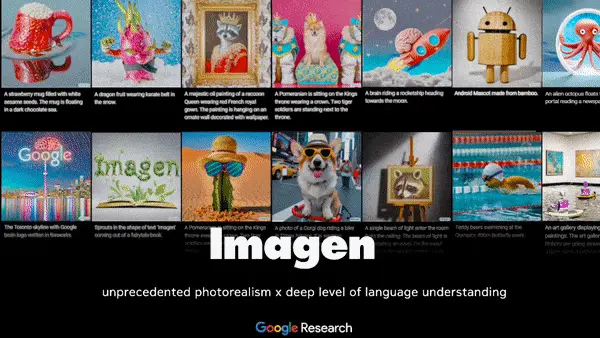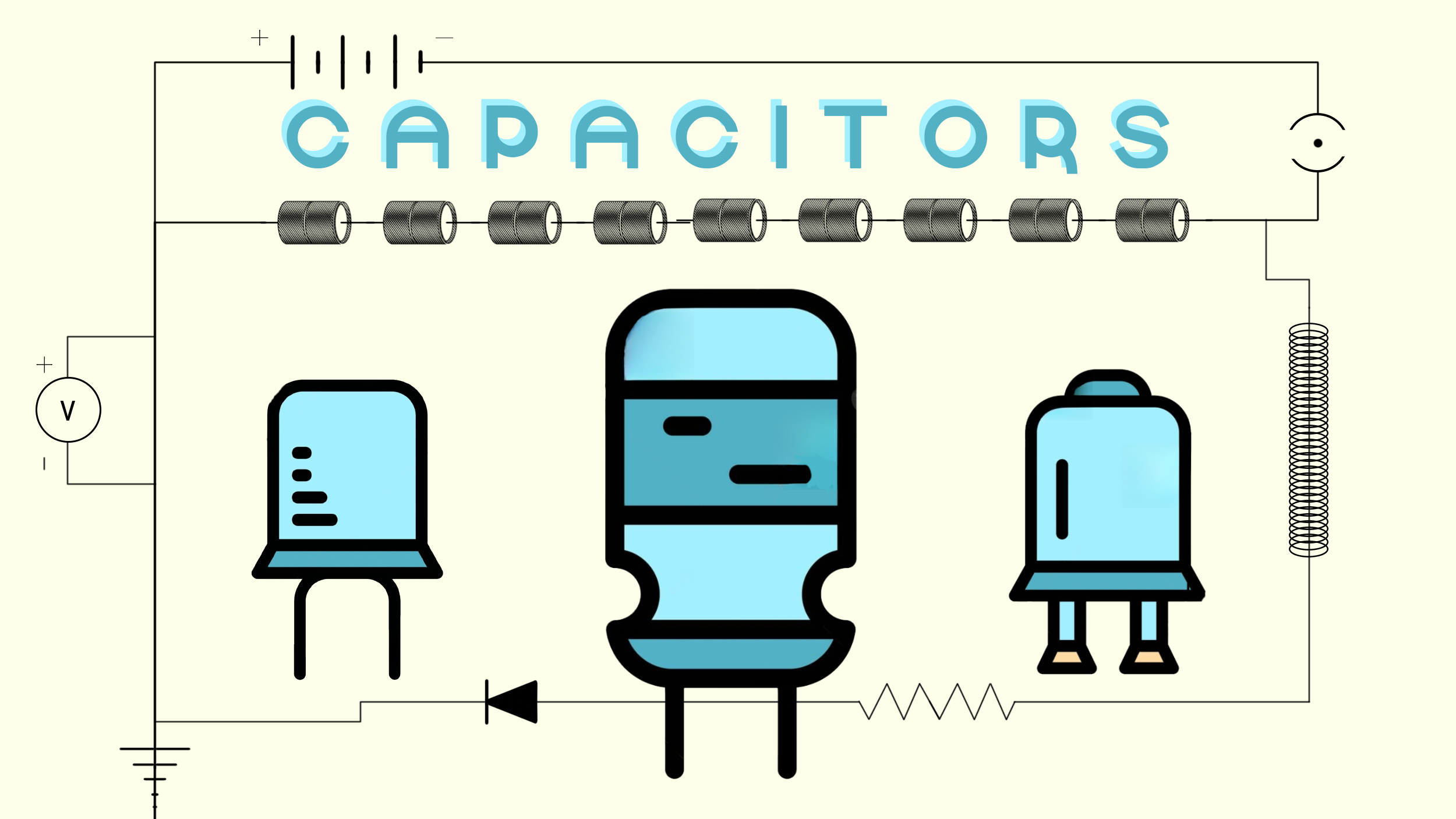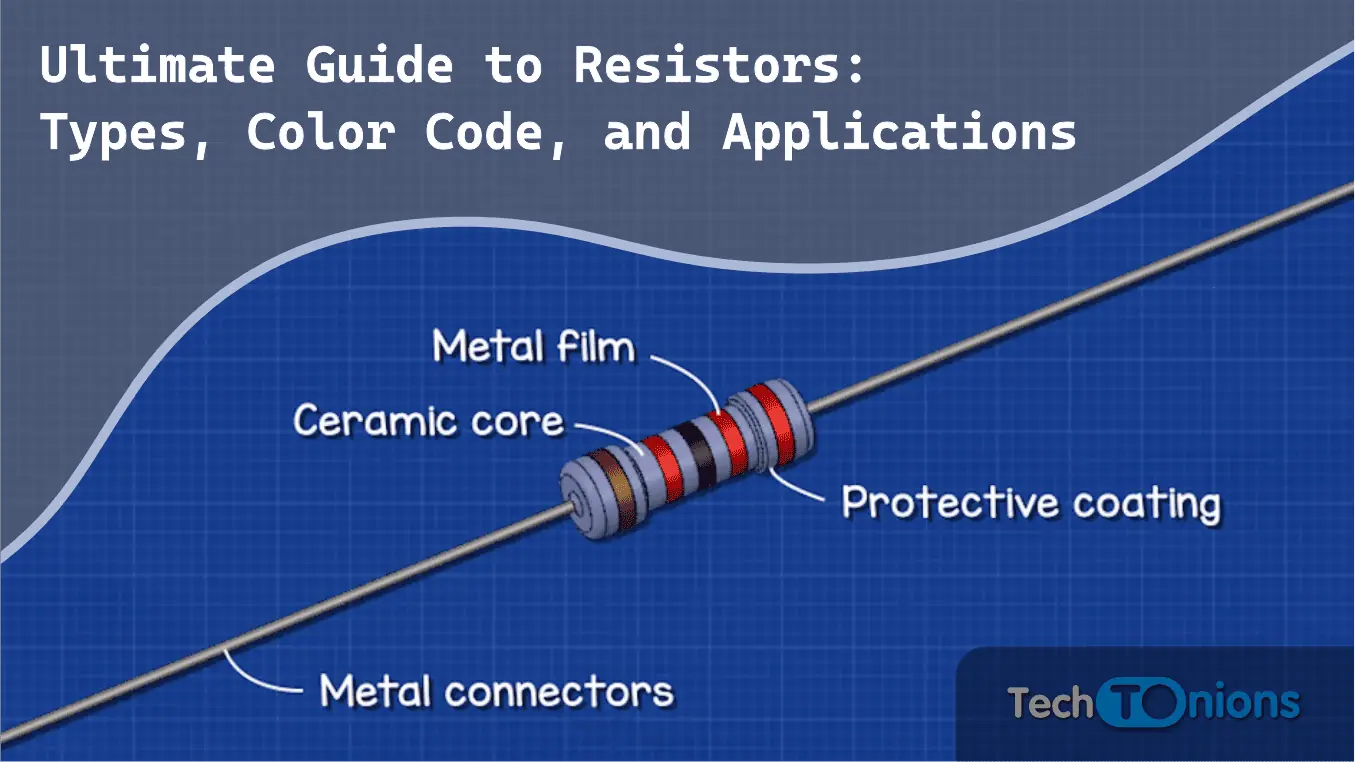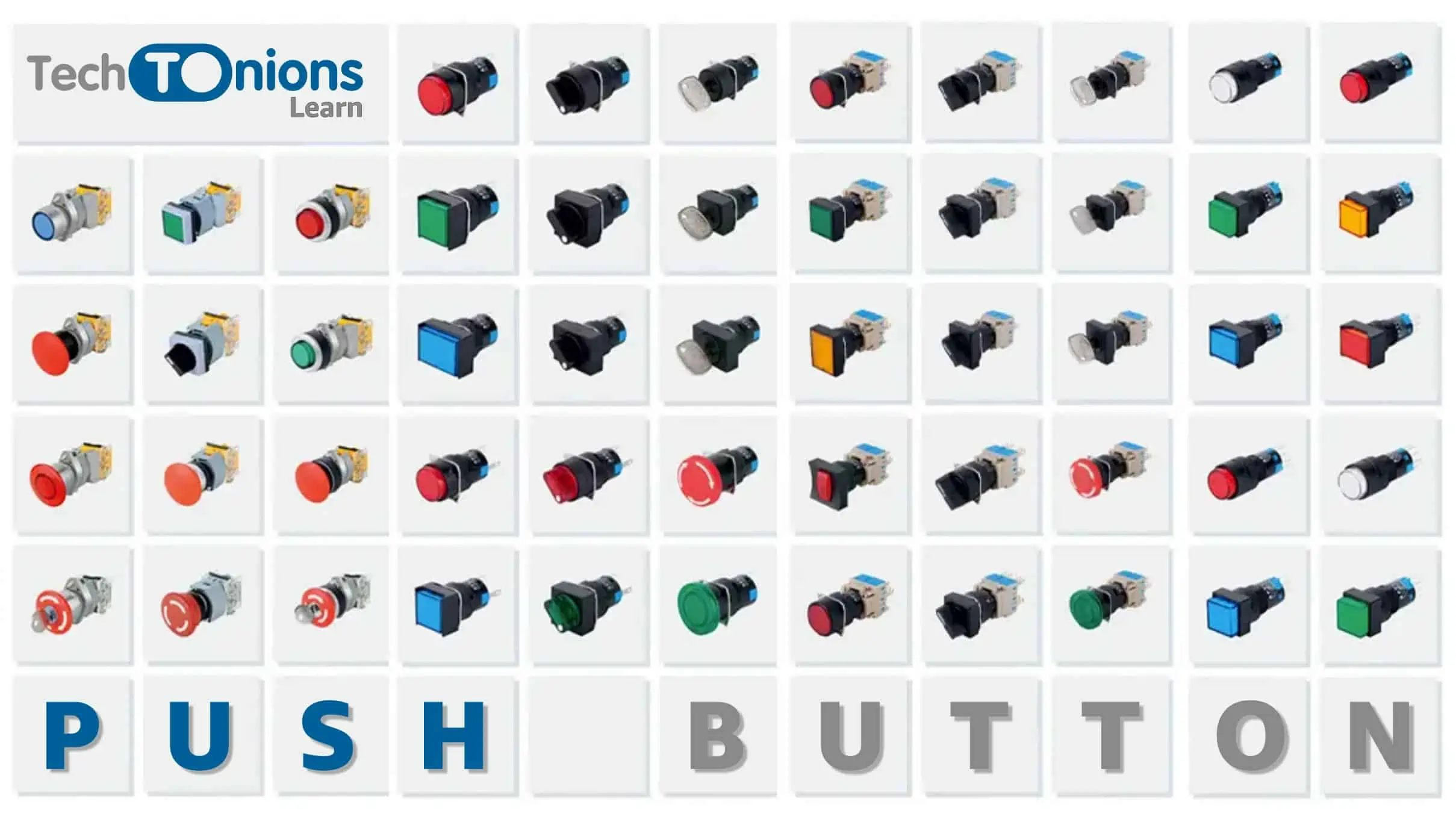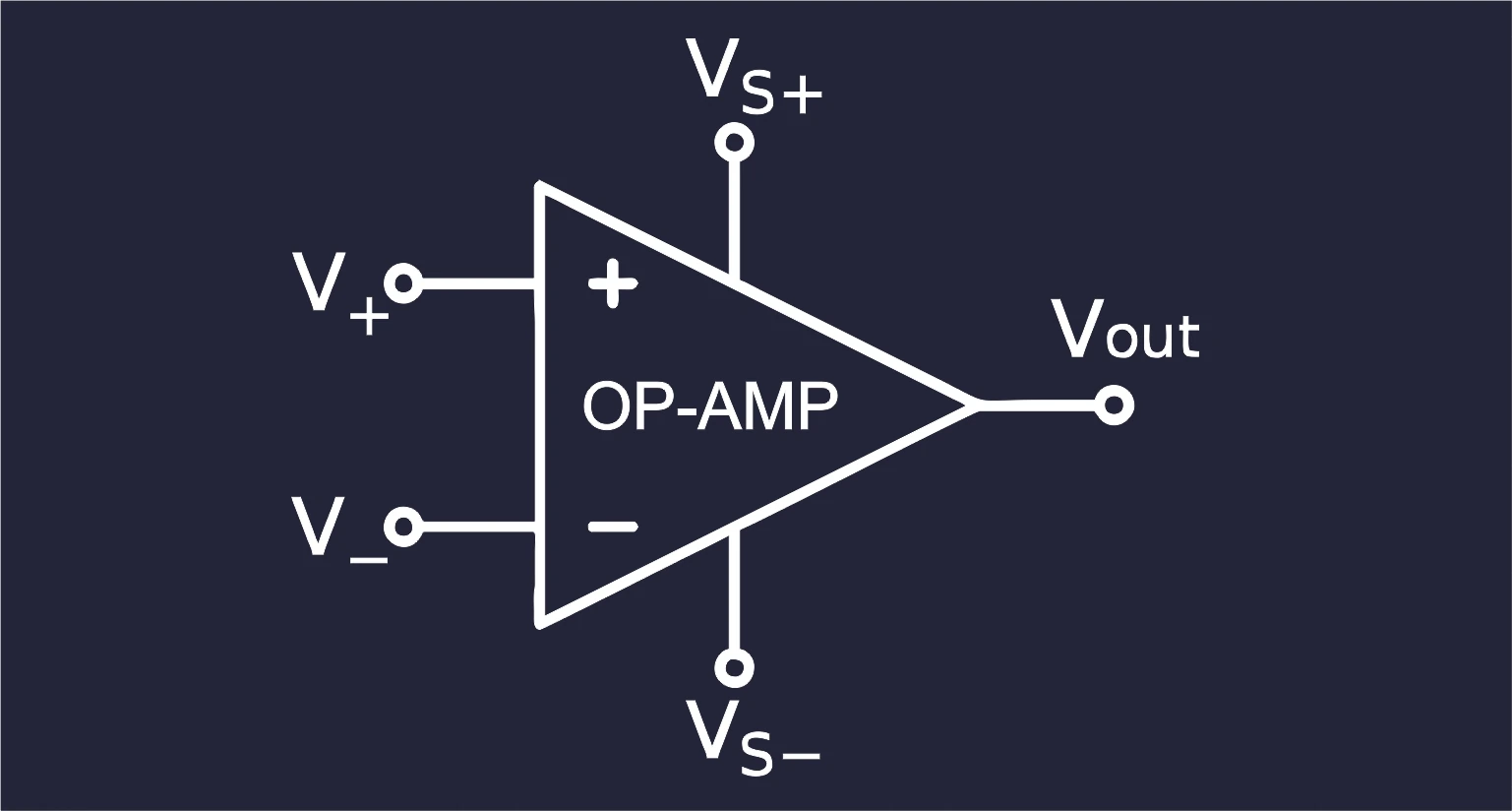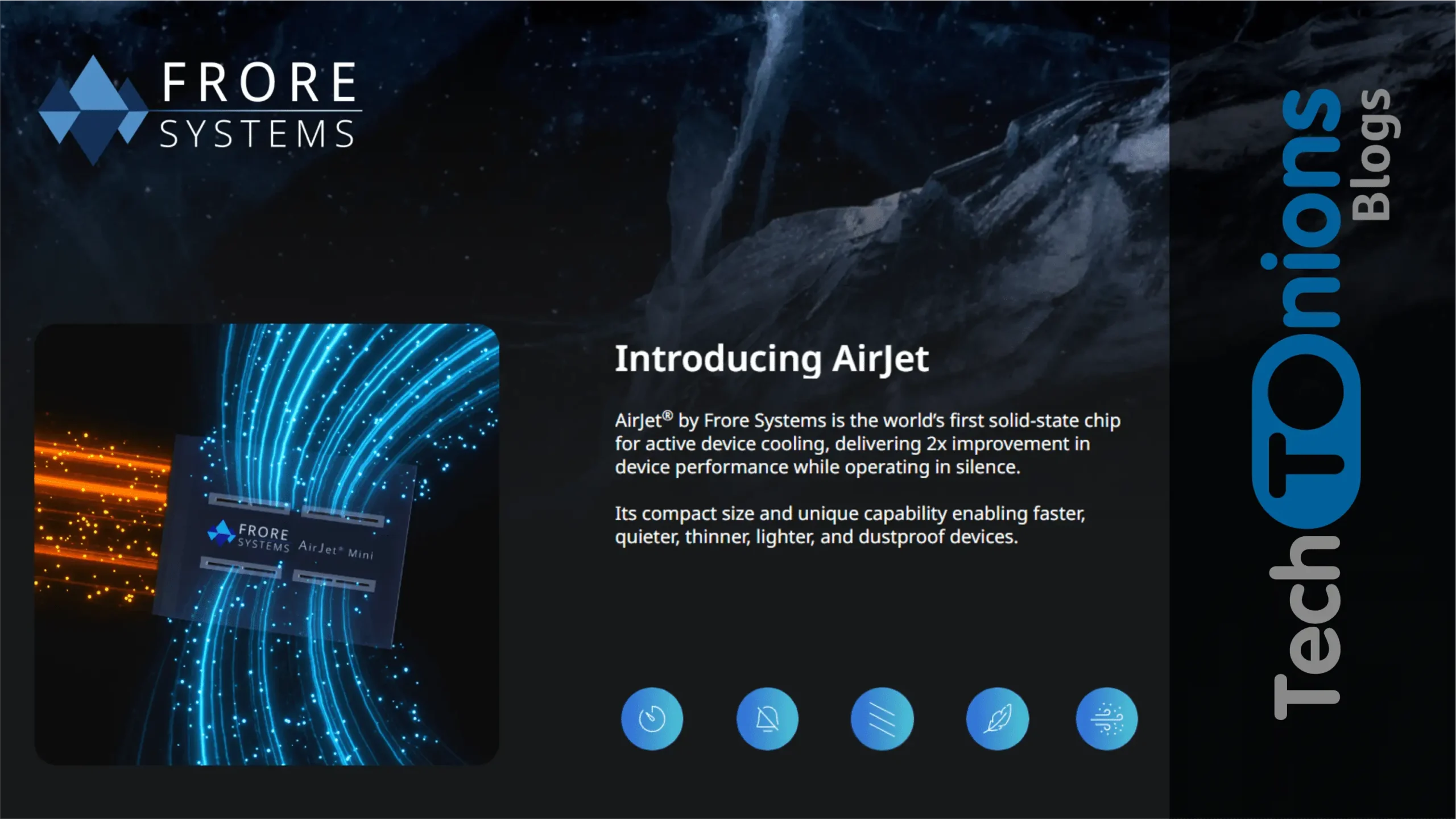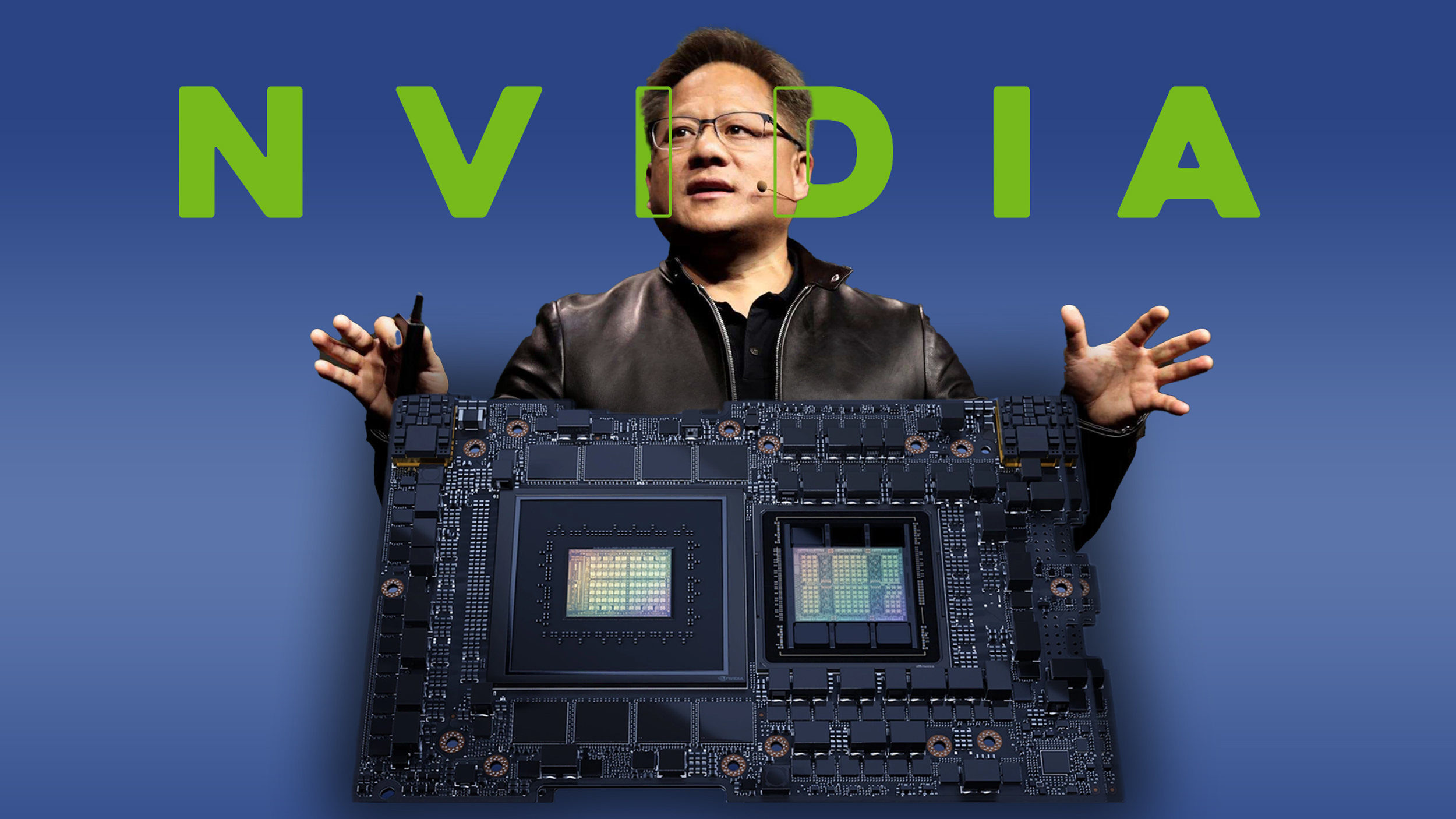The automotive industry is undergoing a revolution, with more and more companies investing in electric vehicles (EVs) and battery technology. However, Toyota has taken a different approach, investing in hydrogen fuel cell technology.
Toyota’s hydrogen fuel engine has been making headlines in recent years, with some experts suggesting that it could be the end of EVs. But is this really the case? And what does the future of sustainable transport look like?
In this blog, we will explore the advantages of the hydrogen engine, how it works, its environmental benefits, and its impact on the automotive industry and the environment.
The Rise of EVs in Sustainable Transport
As the world becomes increasingly conscious of the impact of transportation on the environment, the demand for sustainable transport options has grown. EVs have been at the forefront of this movement, but there are limitations to batteries that have prevented EVs from becoming the ultimate solution.
It plays a pivotal role in shaping a greener future for our planet. It is of paramount importance as it addresses environmental, economic, and social challenges associated with conventional transportation systems.
By transitioning to sustainable transport, we can significantly reduce greenhouse gas emissions, improve air quality, and mitigate climate change. Additionally, sustainable transport offers economic benefits such as cost savings, job creation, and reduced dependence on fossil fuels.
Limitations of Electric Vehicles and Battery Technology
While EVs have been gaining popularity as a sustainable transport option, they have limitations. One of the biggest challenges is the range of the vehicle, which is limited by the capacity of the battery. Additionally, the time it takes to recharge the battery can be an inconvenience for drivers who need to travel long distances.
The production of EV batteries also has environmental concerns, as the materials used in the batteries can be difficult to recycle.
Toyota’s Hydrogen Fuel Engine
Toyota has been a pioneer in sustainable, hydrogen-based vehicles since the 1990s, winning a 1997 Popular Science Best of What’s New award for its first commercial hydrogen fuel cell vehicle.
Toyota’s hydrogen Fuel engine presents a new alternative to EVs. The engine uses hydrogen fuel cells to generate electricity, which powers the vehicle’s electric motor. The system is made up of a fuel cell stack, which generates electricity through a chemical reaction between hydrogen and oxygen.
The only by-product of this process is water, making it a very clean and sustainable form of energy.
Toyota has been investing in hydrogen fuel cell technology for over two decades and has made significant progress in making it more efficient and affordable. In fact, Toyota’s Mirai model, which is powered by a hydrogen engine, has been on the market since 2014.
How the Hydrogen Fuel Engine Works
The hydrogen engine works by combining hydrogen and oxygen to generate electricity through a process called electrolysis. The hydrogen fuel is kept in a tank, and then the fuel cell stack transforms it into energy, which powers the vehicle’s electric motor.
The only by-product of this process is water vapor, making it a highly sustainable and environmentally friendly option.
To get more clear view watch the Video Discover the Future of Sustainable Transportation :
Hydrogen-powered fuel cell electric vehicles (FCEVs) play a unique role in the economy and transportation decarbonization. They are across numerous sorts of street transport, from traveler vehicles like the Mirai to vans, trucks, and transports.
Advantages of Hydrogen Fuel Engine technology
One of the main advantages of hydrogen fuel is that it can be refueled much faster than an EV can be recharged. While charging an EV can take several hours, refueling a hydrogen vehicle takes only a few minutes. Additionally, hydrogen fuel cell vehicles have a longer range than most EVs, making them more suitable for long-distance travel.
- Hydrogen fuel is that it can be produced from a variety of sources, including renewable sources such as wind and solar power. This makes it a very versatile and sustainable form of energy.
- The hydrogen engine has several environmental benefits. As mentioned earlier, it produces zero emissions, which means it does not contribute to air pollution.
- The production of hydrogen fuel has the potential to be more sustainable than the production of EV batteries, as the materials used in the production of the fuel are more readily available and easier to recycle.
The Future of Sustainable Transport
While Toyota’s hydrogen engine has some clear advantages over EVs, it is unlikely to be the end of the road for EVs. EVs have been gaining popularity in recent years, and many experts believe that they will continue to play a major role in the future.
One of the main challenges facing hydrogen fuel cell vehicles is the lack of infrastructure. There are currently only a handful of hydrogen refuelling stations in the world, making it difficult for consumers to adopt the technology. Additionally, the cost of hydrogen fuel cell vehicles is still relatively high compared to EVs.
Conclusion
In conclusion, Toyota’s hydrogen engine is an exciting development in the automotive industry, but it is not the end of the road for EVs. The key will be to continue investing in both technologies to make them more efficient, affordable, and accessible to consumers. Both technologies have their advantages and will likely play a major role in the future of sustainable transport. The key will be to continue investing in both technologies to make them more efficient, affordable, and accessible to consumers.
If you like this blog leave a comment down below and don’t forget to checkout other interesting Blogs,






